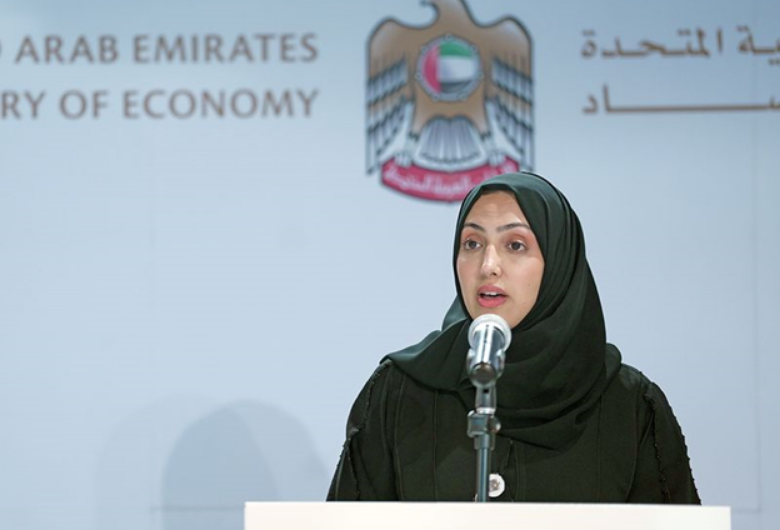Peter Grandich, who correctly predicted the market crashes for both crypto and stocks in 2022, just shared his predictions for 2023 with Octavian DMCC News. The veteran investor said that while he sees weakness across most markets for the foreseeable future, there are still undervalued assets that he expects to outperform.
Grandich told Kitco News anchor David Lin that as far as the stock market is concerned, he sees a bear market lasting many years. “I’ll go far to say that I don’t think we’ll ever make a new high in my lifetime now,” Grandich said. “I really think it’s going to be very difficult for several years for the stock market to have double digit gains.”
Long-term challenges
Grandich said he believes the problems facing the U.S. economy are deep and fundamental, and he doesn’t see the political will in Washington to address them. “We may start having trouble to pay our interest on our national debt,” he said. “We’re going to be pushing towards $33 trillion in debt. If you take a 5% interest rate on that, it’s $1.6 trillion in interest alone.”
Grandich said that when Washington confronts these issues “it’s always kick the can down the road,” but he was surprised to see “the can is finally stopping being kicked on regarding social security, and that could become a hot-button issue as we get towards the 2024 election,” referring to recent comments by Republicans in Congress that they would look at cutting the program.
Shifts in housing and healthcare
Grandich sees the aging populations in the developed world driving several long-term shifts, notably in the real estate and healthcare markets. “I do think that the days of 5,000 and 6,000 square foot homes are now behind us,” he said. “I think homes are going to get smaller because we’re going to have an older population, they don’t need the big homes.”
Grandich believes that the younger population will continue to face serious problems of housing affordability and availability, and this will also impact investment in the housing market. “The price structure for young people now to own a home is very, very difficult, so we’re seeing more money shift over to rentals and multifamily buildings.”
Grandich noted that the healthcare industry is an area that will still see growth even in this weak overall market.
Gold, silver and base metals
Metals are another sector where Grandich sees strong growth driven by fundamentals. “Gold and silver are acting very, very well,” he said, adding that central banks’ purchases are helping to support gold. “The fact that it was able to hold its own during last year suggested that any easing off [by the Fed] is going to see gold go higher. Personally, I think we’ll make a new high in it.”
Grandich sees great potential in base metals as well, noting that the copper supply is at its lowest level since it’s been tracked, and that lithium will continue to be in demand as countries transition away from fossil fuels.
“My favorite is copper because of the real supply and demand scenario that shaping up for the next 10 to 20 years,” he said.
Mining stocks undervalued
But Grandich believes the real opportunity right now is in mining companies. “Mining shares relative to gold itself haven’t been this cheap in maybe a few decades,” he said.
He said that at the top of the food chain, the major producers have become “cash-flow cows” after many years of being laden with debt. “Now they’re in a position to use the annihilation that happened in the junior market, and to some extent in mid-sized producers, to go out there and make a lot of acquisitions.”
He sees opportunity down at the junior end as well. “There’s going to be mergers out of necessity, and there’s also going to be mergers and acquisitions out of things becoming very cheap.”
To find out which mining companies Grandich believes are ripe for acquisition, and how he sees geopolitics impacting markets in 2023.
Source: KITCO
Source: KITCO

Safeya Hashim Al Safi, Director of Anti-Money Laundering Department at UAE Ministry of Economy
“We have witnessed the implementation of due diligence in various jurisdictions around the world to varying degrees,” said Safeya Hashim Al Safi, Director of Anti-Money Laundering Department at UAE Ministry of Economy.
Law takes effect January
The Due Diligence Regulations, which will come into effect in January 2023 has been drafted in accordance with guidance from the Organization for Economic Co-operation and Development (OECD) and its corresponding protocol for gold. These regulations are set to promote the competitiveness of the UAE’s business and investment environment.
“We believe this is the first time gatekeepers, which are DNFBPs – represented by gold refiners – have committed to a third-party review of their gold supply chain, enhancing the confidence of the international trade community in consolidating the UAE’s position as a global trading hub for the manufacturing and trading of gold.”
Under the new regulations, 28 refineries in the UAE are to implement KYC norms.
Penalties for non-compliance
“As per the regulations, the fines start from Dh50,000 and go up to Dh5 million,” said Al Safai. “They can also be suspended or jailed. So we have range of penalties and actions.”
This rule is for all designated non-financial businesses and professions, or sectors who are under anti money laundering and combating terrorist financing laws.
Follow these 5 steps to manage risks while importing gold from conflict-hit or high-risk areas:
- Create an effective governance system;
- Risk assessment in the supply chain;
- Mitigation of identified risks;
- Independent third-party review; and
- Periodic reports.
Recently, the Ministry of Economy worked to implement the latest global standards that conform to the requirements of FATF (Financial Action Task Force) to tackle money laundering.
Local importers must follow these steps diligently:
- Submission of audited reports as stipulated in the gold importing regulations to the Ministry on an annual basis. Approved members must operate in accordance with the UAE Good Delivery Standard for Gold.
- Appointment of an employee to handle compliance tasks within the registered companies, and assumption of direct responsibility towards due diligence process for the gold supply chain.
- The Ministry has determined the requirements for selecting approved auditors. The auditor must be well-acquainted with all due diligence regulations related to gold importing. The Ministry of Economy’s website includes a list of approved account auditors.




